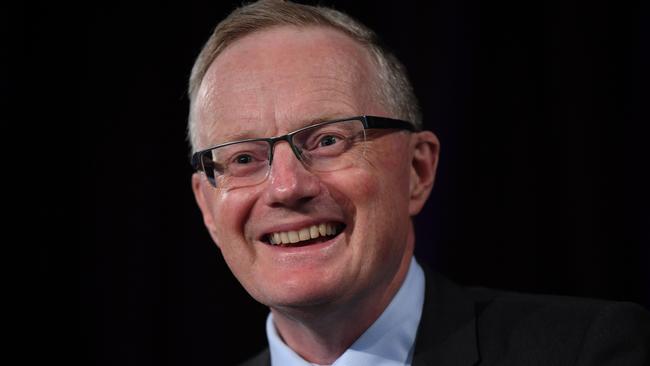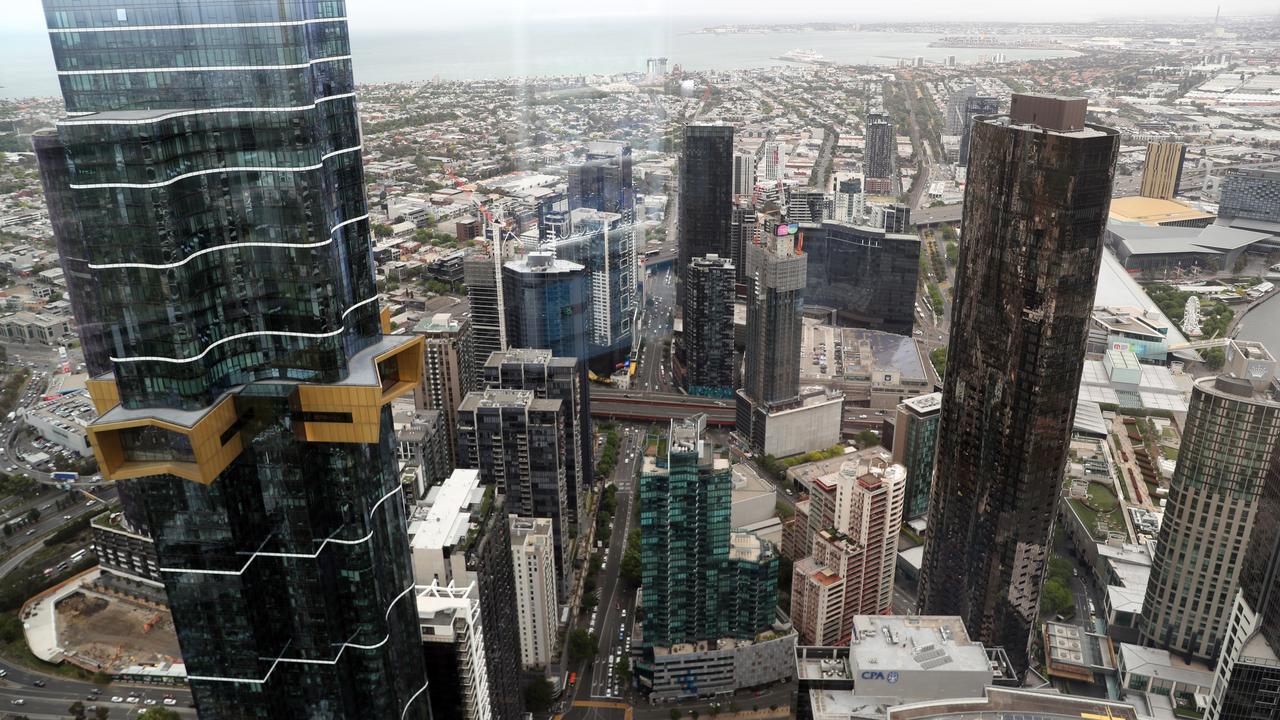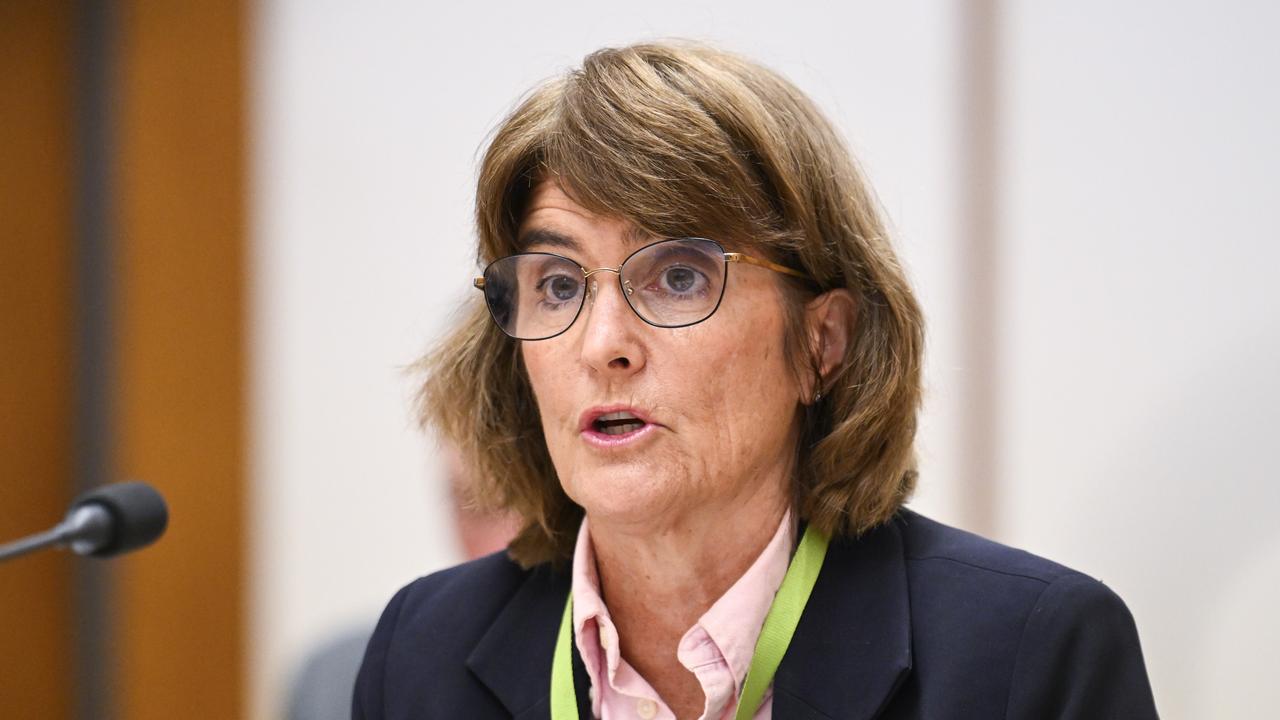Reserve Bank wary of risks from low interest rates
The RBA weighed the benefits of easier monetary policy , before deciding to hold rates at 0.75 per cent, board minutes showed.

The Reserve Bank weighed the benefits of easier monetary policy versus “the risks associated with very low interest rates” such as sparking another debt-fuelled property boom and potential damage to confidence among savers, before ultimately deciding to hold rates at a record low 0.75 per cent, the bank’s board minutes showed.
Since the February 4 decision, Reserve Bank governor Philip Lowe has highlighted that monetary policy may be at or nearing a “crossover point” in which very low rates become “too much of a good thing”, particularly in the context of a reheating property market and the fastest growth in new lending in three years.
The board “recognised that the incremental benefits of further interest rate reductions needed to be weighed against the risks associated with very low interest rates”, the minutes, released on Tuesday, read.
“A further reduction in interest rates could also encourage additional borrowing at a time when there was already a strong upswing in the housing market.”
Australians in December took up new mortgages at the fastest pace in more than three years, recent data from the Bureau of Statistics showed. Overall growth in household debt remains modest as households used tax relief and three rate cuts last year to pay down mortgages more rapidly.
Still, “housing loan commitments had continued to rise”, the minutes noted.
The minutes also recorded a discussion on the challenges facing central banks around the world in how to conduct monetary policy when rates, in Dr Lowe’s words from last week’s parliamentary testimony, could stay low for “perhaps decades”.
“Internationally, concerns had been raised about the effect of very low interest rates on resource allocation in the economy and their effect on the confidence of some people in the community, notably those reliant on savings to finance their consumption.”
Economists have noted the increased attention paid by the bank to potential risks to financial stability as a result of pushing rates even lower, and have suggested Dr Lowe has raised the bar for further moves lower.
“The key message remains largely unchanged — an easing bias is firmly intact but the hurdle to cut further has lifted amid a central bank that currently sees greater costs from further cuts than benefits,” RBC Capital economist Su-Lin Ong said. “While we expect this risk/reward assessment to change as the year unfolds, the onus is on the data to weaken to shift this judgment.”
Westpac chief economist Bill Evans said the RBA’s forecasts showed it would not achieve its 2-3 per cent inflation mandate and unofficial 4.5 per cent unemployment goal by mid-2022.
Financial markets are pricing in only an 8 per cent chance of a cut at next month’s meeting, but futures traders fully expect a move to 0.5 per cent by October. The consensus among economists is for an April or May cut.
Labour data for January, due on Thursday, loom as the next major test for the RBA. The consensus among forecasters is for the jobless measure to tick higher to 5.2 per cent in January.
The board noted the bank’s forecast for the unemployment rate “to remain in the 5-5.25 per cent range for some time before declining to around 4.75 per cent in 2021, as GDP and employment growth picked up”.
Despite its concerns, the board reiterated it was “prepared to ease monetary policy further if needed to support sustainable growth in the economy, full employment and the achievement of the inflation target over time”. The minutes repeated that “it was reasonable to expect that an extended period of low interest rates would be required in Australia”.
Board members also discussed the coronavirus outbreak as a “new source of uncertainty” that threatened a “near-term risk to the economic outlook for China and for international trade flows, and thereby the Australian economy”.
Since the meeting, the China travel ban has been extended into its third week, and Dr Lowe has warned that the coronavirus emergency is a bigger threat to the Australian economy than the SARS epidemic of 2003, which had a sharp but short impact.



